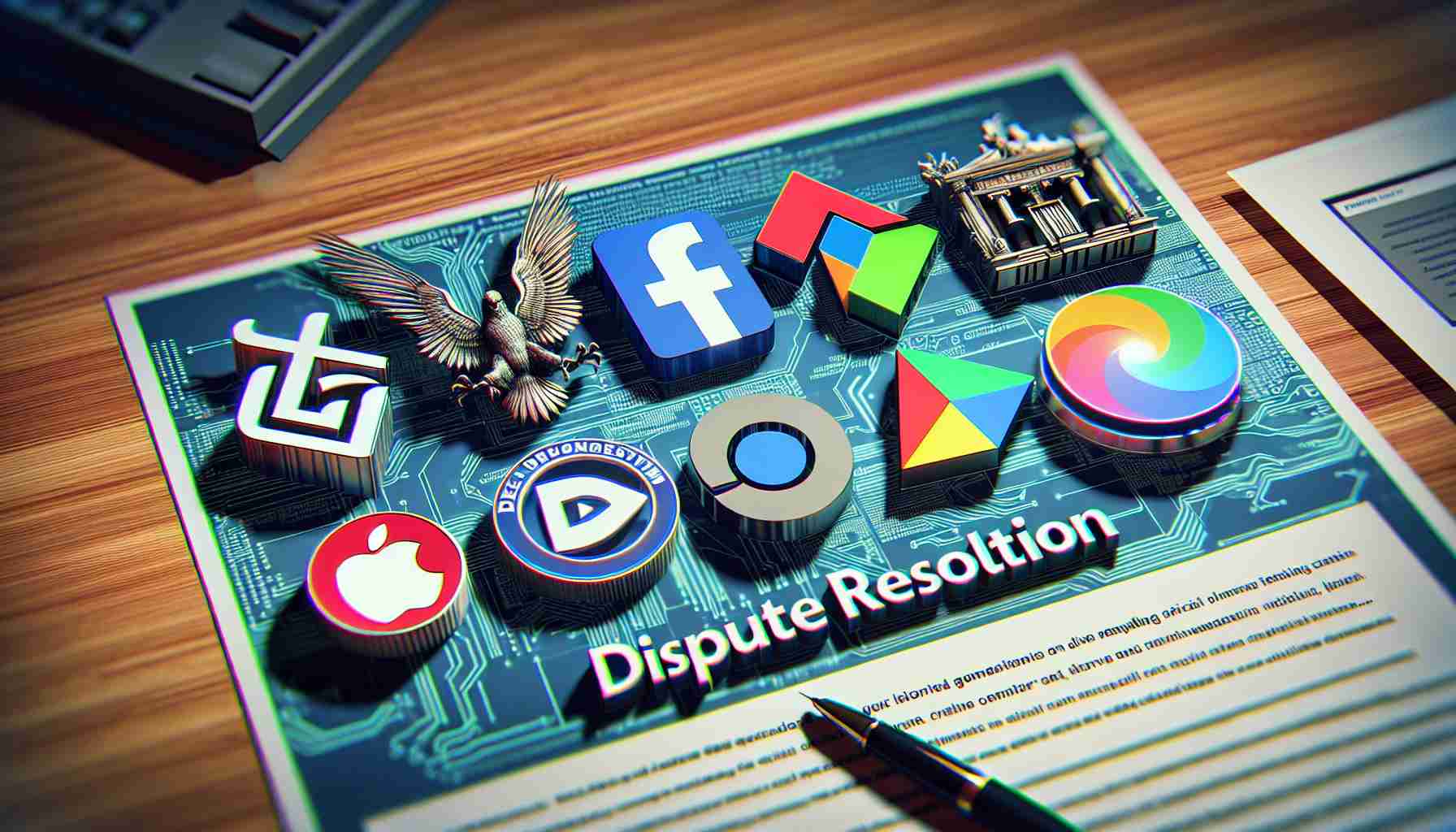The Genesis of a New Era
In a paradigm-shifting move, Epic Games, in partnership with tech powerhouses Meta, Microsoft, X, and Match, has advanced its legal dispute against Apple to new heights. Recent legal developments have witnessed the Supreme Court rejecting appeals from both Apple and Epic Games, injecting fresh intensity into the ongoing legal standoff between these industry giants.
The Emergence of a Legal Conundrum
The conflict between Epic Games and Apple burgeoned in 2020 when Epic Games filed a lawsuit against Apple, asserting that the tech behemoth’s alleged monopoly tendencies were stifling competition. In 2021, under the adjudication of Judge Yvonne Gonzalez Rogers, the United States District Court ruled that while Apple wasn’t monopolizing the mobile gaming sphere, apple’s confinement of in-app stores and imposition of a 30% commission within its App Store raised legal uncertainties.
The Legal Turmoil Unfolds
Epic Games persists in its legal wrangle with Apple, this time rallying not only against Apple but also roping in Meta (formerly Facebook), Microsoft, X, and Match in a joint effort against the tech giant. The accusations of antitrust violations leveled against Apple have mobilized these tech entities to band together in opposition.
Central Theme of the Legal Dispute
At the heart of this legal and commercial saga lies the contentious issue of Apple’s App Store. Epic Games contends that Apple’s insistence on utilizing the App Store for iOS app dissemination translates into unjust trade terms. The argument posits that Apple’s steadfast control over the app store and distribution channels curtails consumer options.
Impending Industry Ramifications
The repercussions of this legal clash are poised to reverberate across the tech landscape. A defeat for Apple in these legal encounters could mark a transformative juncture in the mobile app domain, potentially obliging Apple to recalibrate its operational blueprint amidst escalated rivalry and plausible curbs on transaction charges within the App Store.
Broader Interpretations and Critical Discourse
Beyond the contours of a mere monopolistic debate, the legal tiff between Epic Games and Apple has triggered expansive dialogues on the stronghold wielded by tech titans over app stores and digital platforms. Detractors argue that such controls stymie innovation and impose barriers that hinder smaller enterprises from penetrating the markets and competing efficiently.
Gazing into the Horizon
In the long haul, tech enterprises reliant on app store avenues for dissemination might encounter scenarios reminiscent of Epic Games’ predicament. Consequently, vigilance in monitoring the evolution of this case and its potential cascading effects on the industry is imperative.
FAQ
1. What instigated the legal spar between Epic Games and Apple?
In 2020, Epic Games instigated legal action against Apple, citing anti-competitive conduct within the mobile app sector.
2. Why have other tech firms allied with Epic Games in the legal battle against Apple?
Meta, Microsoft, X, and Match have allied with Epic Games, contending that Apple’s operational procedures impede fair competition within the market.
3. What are the potential consequences of the legal confrontation between Epic Games and Apple?
The resolution of this dispute could reshape the mobile app domain, influencing Apple’s operational schema and competitive stance while casting repercussions on industry-wide practices.
For additional insights, please visit the official websites of [Epic Games](https://www.epicgames.com/) and [Apple](https://www.apple.com/).












